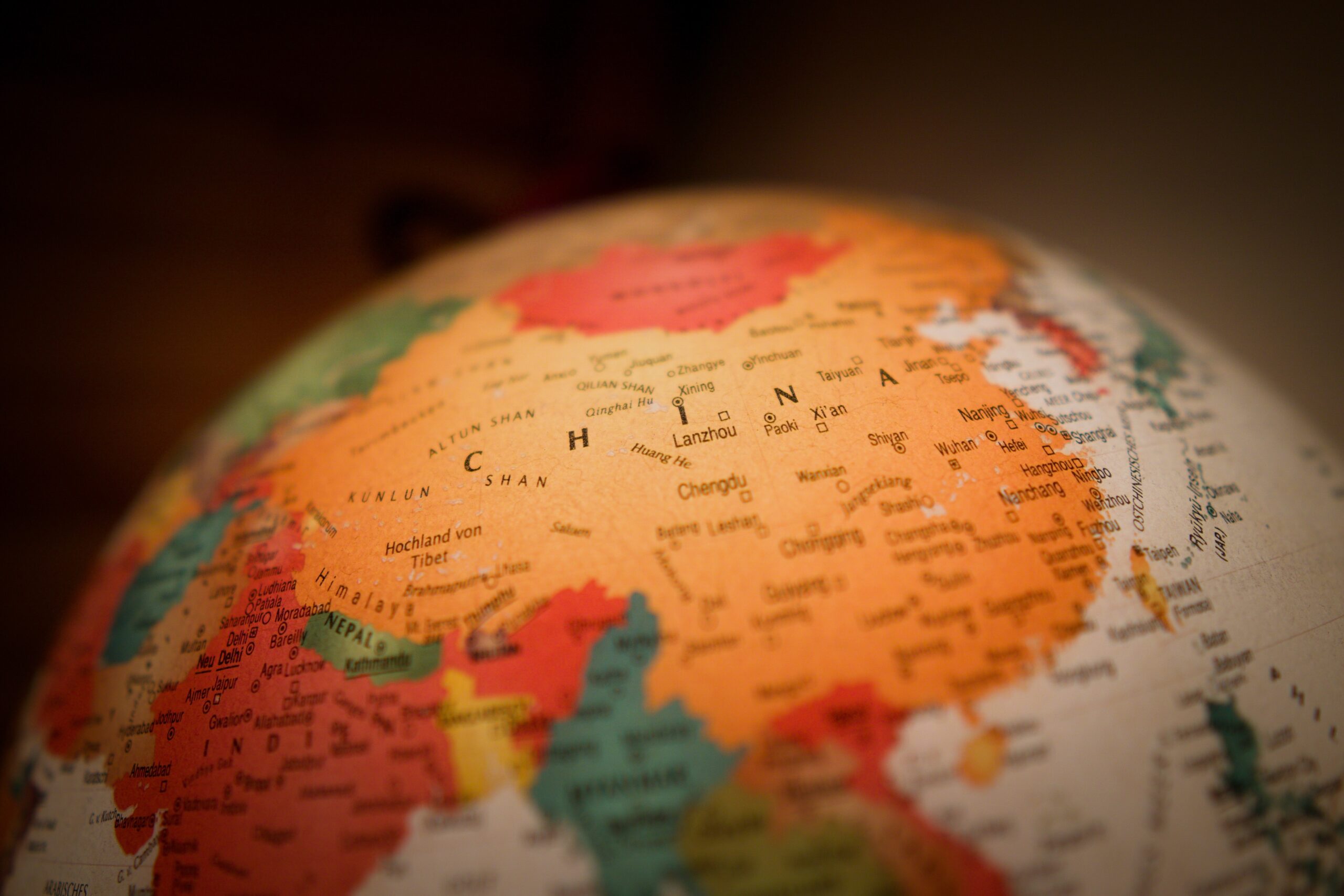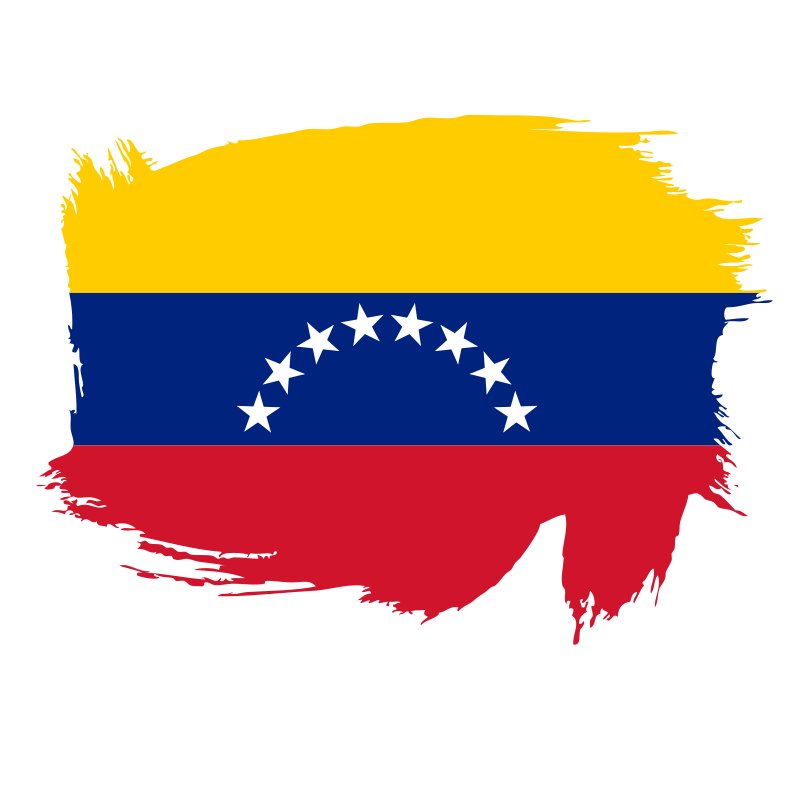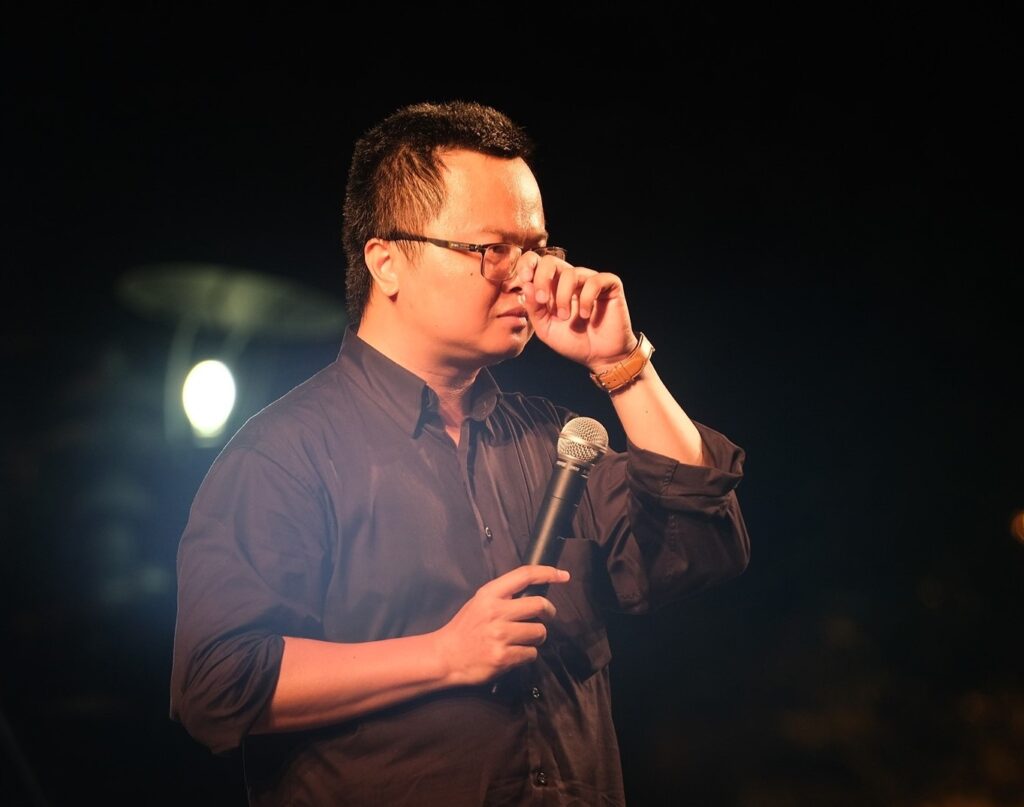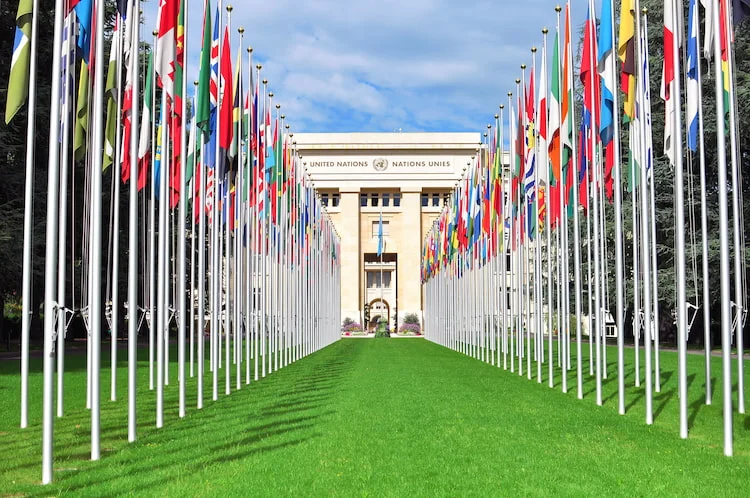Lawyers for Lawyers, the International Service for Human Rights (ISHR), The 29 Principles, the International Bar Association’s Human Rights Institute (IBAHRI), The Rights Practice and Lawyers’ Rights Watch Canada are concerned about the (pre-)trial and detention of human rights lawyer Chang Weiping from China. On 26 July 2022 his trial took place behind closed doors. A non-disclosure agreement prevents family members and the public from knowing what happened during the trial.
Chang Weiping is a human rights lawyer known for his public interest litigation in defence of the rights of people facing discrimination based on their health status, sex, gender identity and sexual orientation. He has provided legal counseling to human rights defenders, victims of defective vaccines, as well as women, LGBTQ+ people, and persons living with HIV/AIDS and hepatitis B who face discrimination in the workplace.
Chang Weiping was first arrested on 26 December 2019, for attending a party in Xiamen, Fujian province. The party included about twenty lawyers and activists. Because the topic of discussion revolved around human rights issues, all twenty attendees were arrested. This incident later became known as the ‘1226 crackdown’.
In January 2020, Chang Weiping’s license to practice law was revoked. Shortly thereafter he was placed under residential surveillance at a designated location (“RSDL”) by Shaanxi Province’s Baoji City Public Security Bureau from 12 January to 21 January 2020. On 22 October 2020, he was once again arrested and placed under RSDL for six months after which he was transferred to a detention center on 7 April 2021 on suspicion of inciting subversion of state power. His requests for legal representation were denied until 14 September 2021. During a meeting with his lawyer, Chang Weiping revealed that he was subjected to various acts of torture during his detention. Chang Weiping’s case had been postponed several times, when on 2 April 2022, his case was brought to Baoji Intermediate Court.
On 19 July 2022, Chang Weiping’s pre-trial meeting had been held at the Fengxian Detention Center. Chang Weiping’s lawyer argued that (i) the trial court has no jurisdiction, (ii) “evidence” obtained by the prosecution by way of torture must be excluded and (iii) certain judges of the trial court must withdraw due to their “special relationship” with Chang Weiping. On 26 July, the trial of Chang Weiping was held in Fengxian’s People’s Court.
Non-disclosure agreement
All attendants of the trial, including Chang Weiping’s lawyer and Chang Weiping himself, were obliged to sign a non-disclosure agreement, pursuant to which they are not allowed to disclose any information about the case or trial, including to the media.. Chang Weiping’s wife, Dr. Chen Zijuan, and their child were reportedly not allowed to attend either the pre-trial meeting or the trial and Chang Weiping’s lawyer is merely allowed to inform them of basic procedural information in a discreet and brief manner.
Officially, the non-disclosure agreements are imposed because of the alleged national security status of the cases. Chinese lawyers and their family members however believe that the non-disclosure agreements are yet another way for the Chinese authorities to prosecute lawyers with as little public and international attention as possible. By imposing the obligation to sign non-disclosure agreements, Chinese authorities are able to control the flow of information on legal cases.
The use of non-disclosure agreements is becoming increasingly common, most recently in the trials of Ding Jiaxi and Xu Zhiyong. A worrying development, as this practice constitutes a violation of, at least, the right to public justice and the right to freedom of expression. Except the few attendees in the court room, no one knows what is being discussed during the respective trial. This way there is no public attention, families and supporters cannot protest and lawyers are not able to mount a good defense. Violations of fair trial guarantees cannot be documented and challenged. The case of Chang Weiping is another example that intolerance for human rights advocacy has grown.
The United Nations (UN) Basic Principles on the Role of Lawyers states that governments must ensure that lawyers “are able to perform all of their professional functions without intimidation, hindrance or improper interference”.[3] The Basic Principles further require that lawyers “shall not suffer, or be threatened with, prosecution or administrative, economic or other sanctions for any action taken in accordance with recognized professional duties, standards, and ethics”.[4] They further stipulate that “charges or complaints made against lawyers in their professional capacity shall be processed expeditiously and fairly under appropriate procedures”. The Basic Principles further state that “disciplinary proceedings against lawyers shall be brought before an impartial disciplinary committee established by the legal profession, before an independent statutory authority, or before a court, and shall be subject to an independent judicial review”.
Lawyers for Lawyers, ISHR, The 29 Principles, IBAHRI, The Rights Practice, and Lawyers’ Rights Watch Canada call on the Chinese authorities to ensure that:
- all human rights lawyers are able to assist their clients without intimidation, hindrance, harassment or improper interference and without threats of prosecution or administrative sanctions for any actions they take in accordance with internationally recognized professional duties, standards and ethics;
- all charges against Chang Weiping are dropped, and he is immediately and unconditionally released;
- an independent investigation is conducted in relation to the allegations of torture and other ill-treatment to which Chang Weiping was subjected in detention and prosecute the perpetrators in accordance with China’s own laws and the Convention against Torture and Other Cruel, Inhuman or Degrading Treatment or Punishment, which China ratified in 1988;
- evidence obtained through torture is not invoked as evidence in legal proceedings;
- all forms of arbitrary detention, including RSDL, are terminated;
- all human rights lawyers and human rights defenders are provided with their freedom of expression in accordance with China’s international obligations to respect and fulfil human rights law and standards;
- all human rights lawyers, human rights defenders, their lawyer’s and all other attendees during their respective trials, such as the trial of Chang Weiping at hand, will not be obliged to sign non-disclosure agreements to ensure, among other things, their right to public justice and their freedom of speech.
A PDF of the statement can be found here.





